Indigenous Governance Database
common law
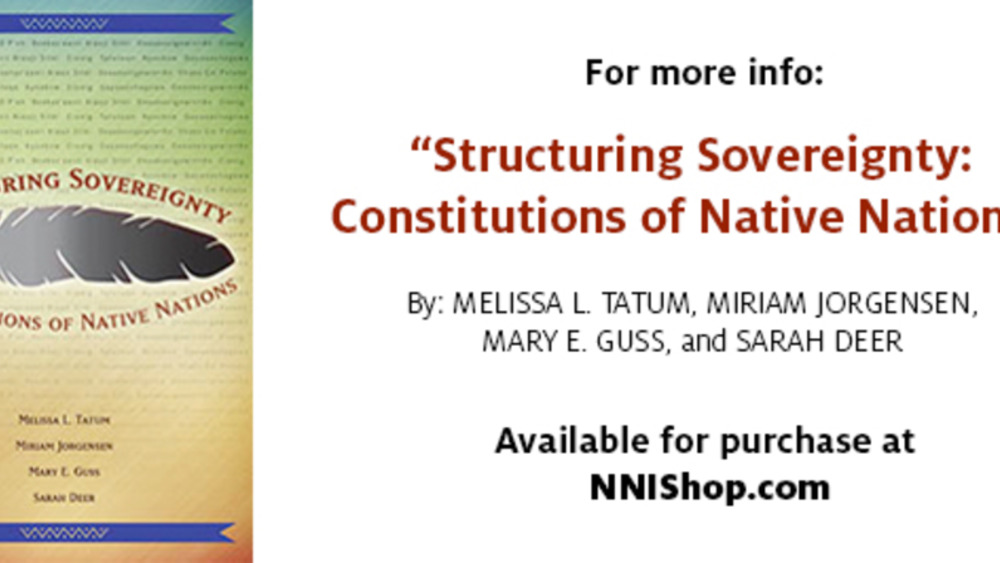
Cherokee Nation Constitution
Cherokee Nation is spread across 14 counties in northeastern Oklahoma with a population of 300,000 people. The constitution was enacted in 2003. Cherokee Nation allows citizens who live outside the territory to vote in elections and be represented on the council. Preamble: We, the People of…
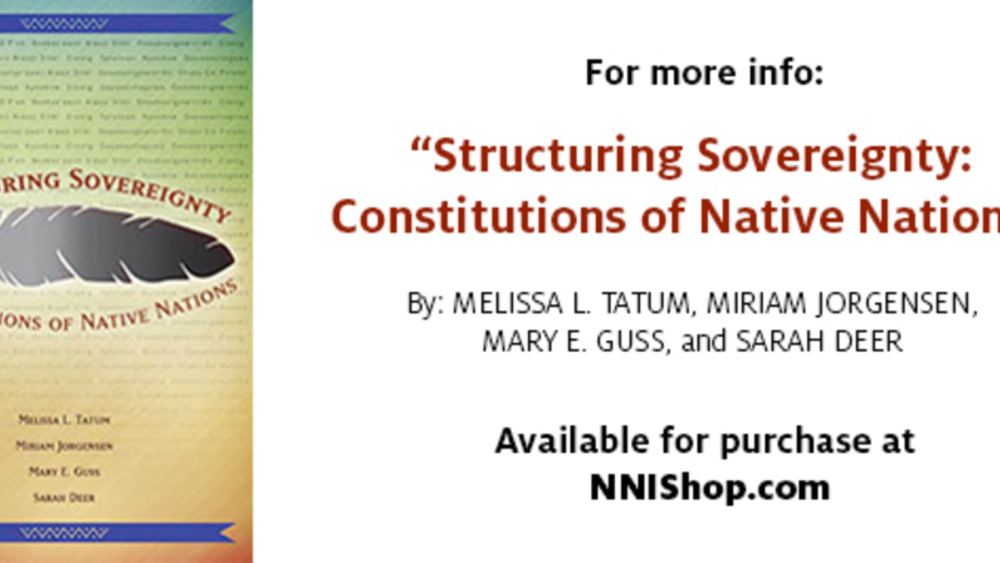
Carcross/Tagish First Nation Constitution
Located in the Yukon Territory, Canada, the Carcross/Tagish First Nation has a population of 609 people, and their constitution was enacted in 2005. MISSION STATEMENT: The Carcross/Tagish First Nation is mandated to protect the environment, health and wellness, education and aboriginal rights of…
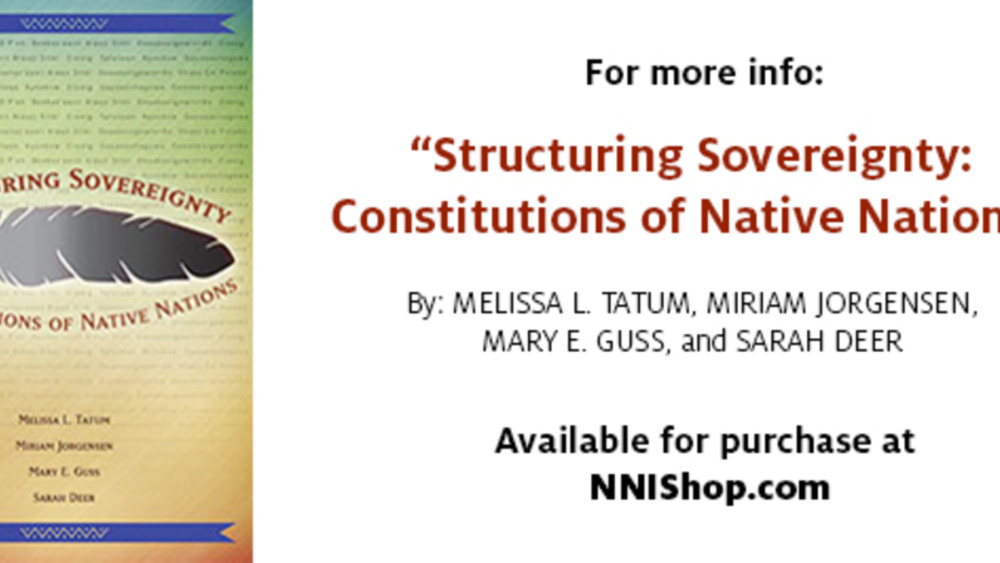
Akiachak Native Community Constitution
The Akiachak Native Community is located in Southwestern Alaska with a population of 627 people. Their constitution was ratified in 1948. Preamble: We, a group of Eskimos having the common bond of living together in Akiachak, Territory of Alaska, in order to have better life and greater security,…
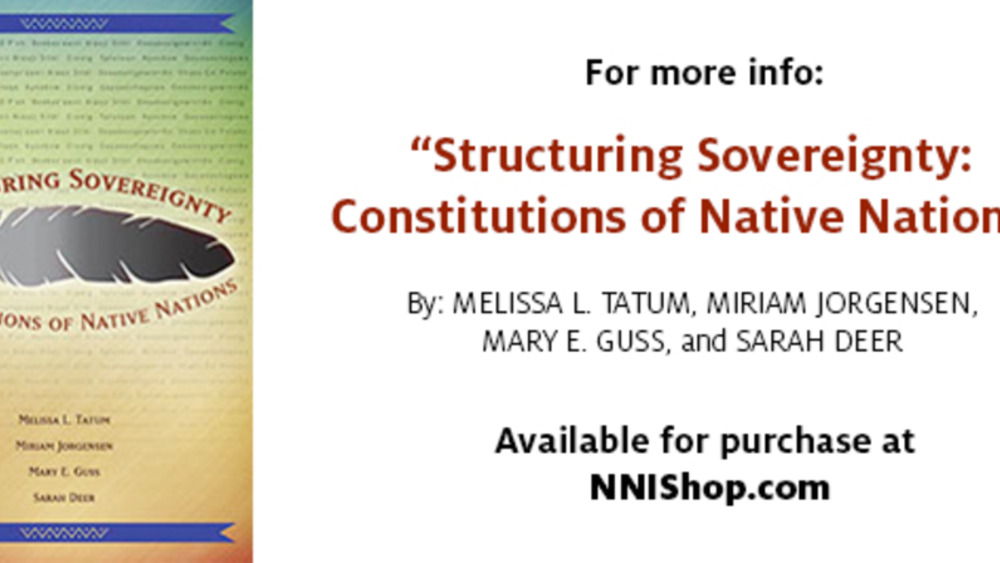
Abenaki Nation of Missisquoi Constitution
The Abenaki Nation of Missisquoi is spread across New England in the U.S. and the Quebec and Maritimes regions in Canada. It has a population of 12,000 and it is not recognized by the U.S. Government. The nation's constitution was enacted in 2002. The Abenaki People of the St. Francis/Sokoki Band…
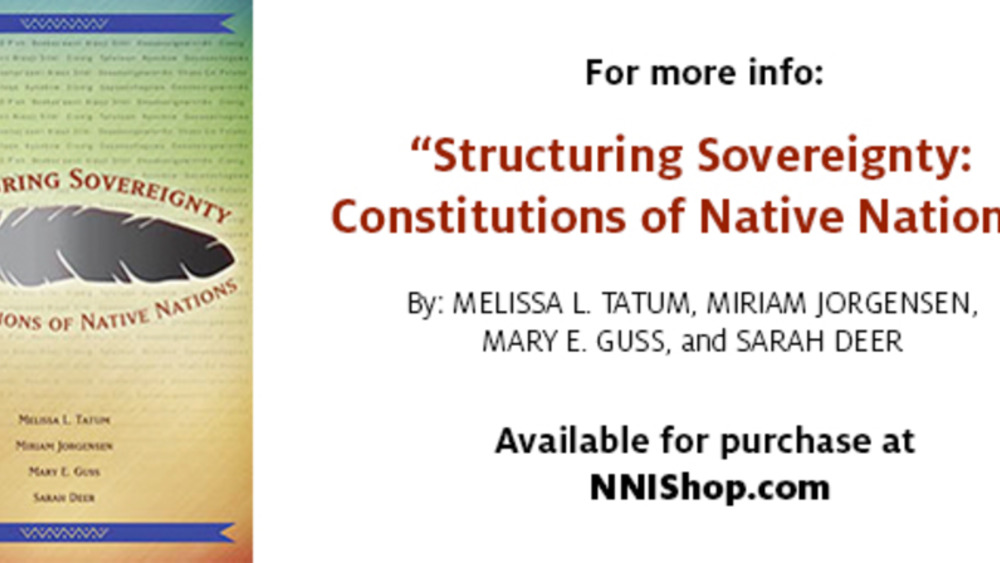
Bolivia Constitution
Bolivia is located in South America with a population of 10.5 million people. The constitution was enacted in 2009. PREAMBLE: In ancient times mountains arose, rivers spread out from one place to another, lakes were formed. Our Amazonia, our swamps, our highlands and our plains and valleys…
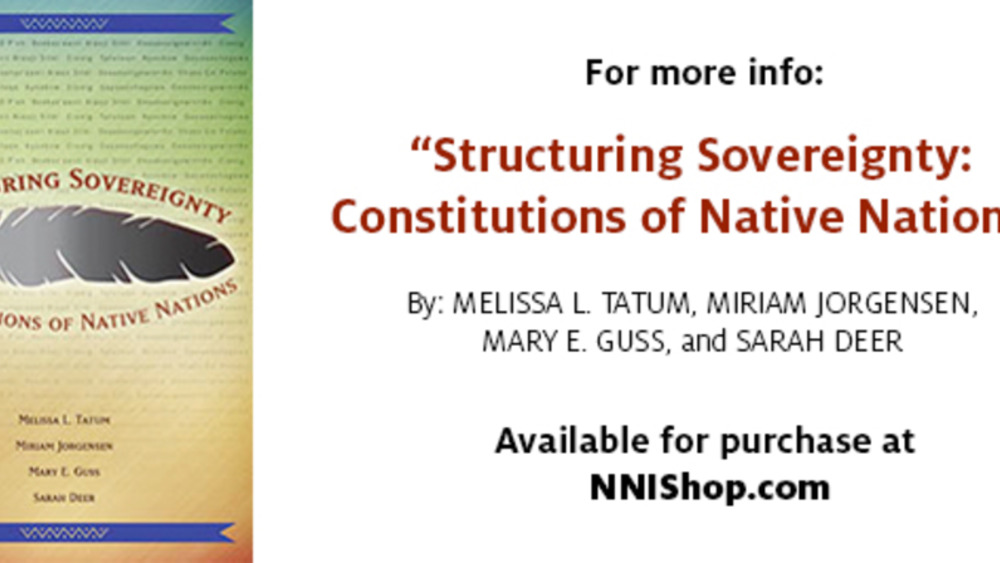
Afghanistan Constitution
Afghanistan is located on the edge of Middle East, bordering Asia, with a population of 31 million people and an Islamic Republic form of government. The constitution was ratified in 2004. Preamble: In the name of Allah, the Most Beneficent, the Most Merciful, Praise be to Allah, the Cherisher and…
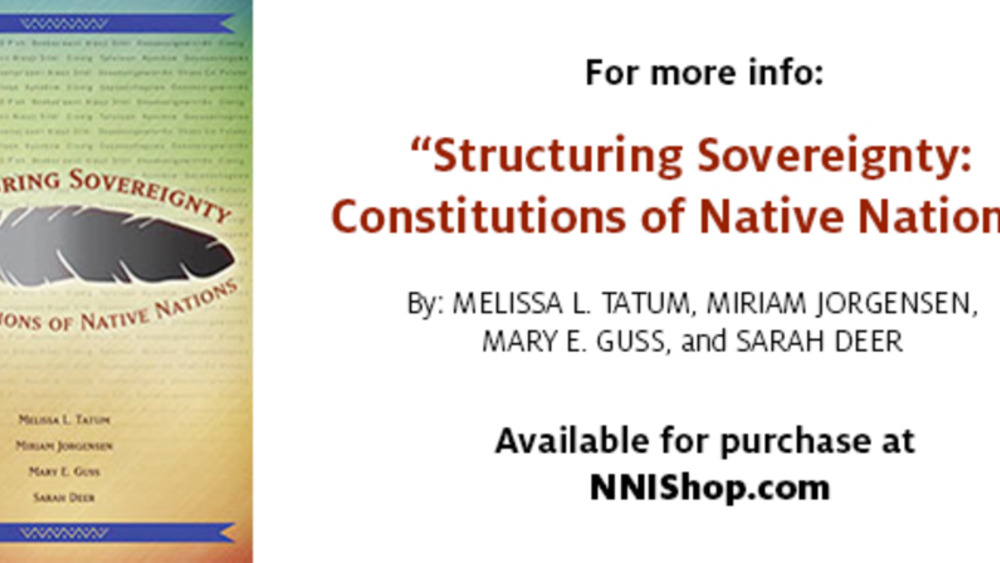
Citizen Potawatomi Nation Constitution
Citizen Potawatomi Nation is located in Oklahoma with a population of 29,000 people. The constitution was enacted in 1938 and amended in 1985 and 2007. Preamble: We, the Citizen Potawatomi Nation, sometimes designated as the Potawatomi Tribe of Oklahoma, in furtherance of our inherent powers…
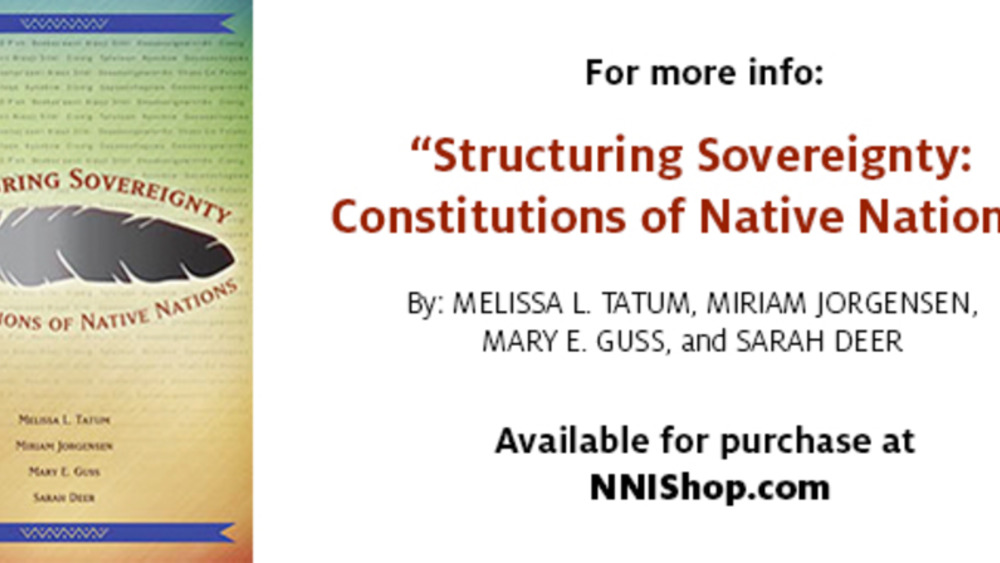
Chitimacha Tribe of Louisiana Constitution
The Chitimacha Tribe of Louisiana is located in Southern Louisiana with a population of 950 people. The constitution was enacted in 1970 and amended in 2009 and 2010. Preamble: We, the Chitimacha Indians of Louisiana, desiring to establish an organization for our common welfare and benefit,…
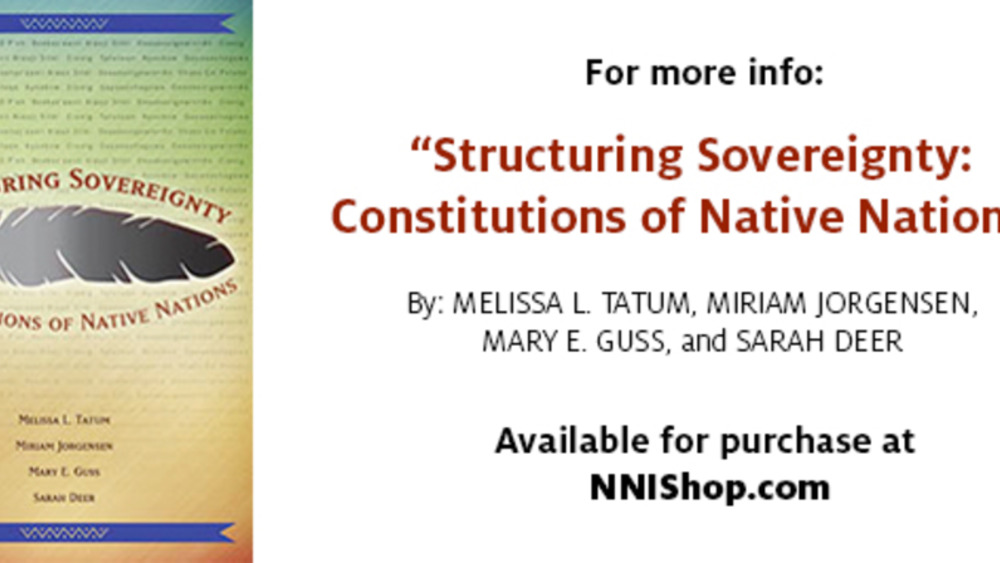
Chilkat Indian Village Constitution
The Chilkat Indian Village is located in Southeastern Alaska with a population of 140 people. The constitution was enacted in 2006. The village was involved in a famous cultural property case about Whale House rain screen and totem poles. Preamble: We, a sovereign community of Tlingit Indians…
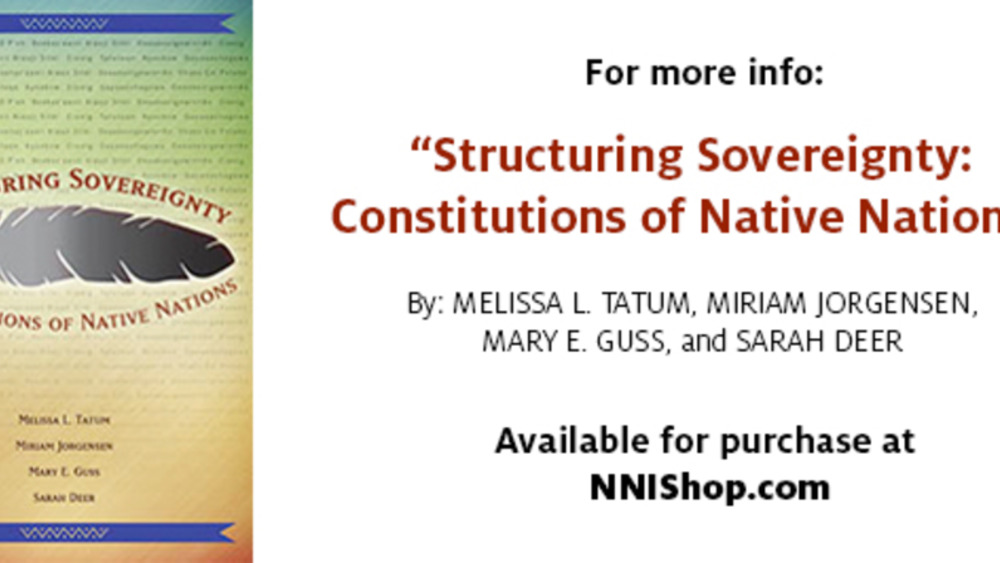
Chickasaw Nation Constitution
Chickasaw Nation is located in Oklahoma with a population of 49,000 people. The constitution was enacted in 1983 and amended in 2002. Preamble: We, the people of the Chickasaw Nation, acknowledging with gratitude the grace and beneficence of God, in permitting us to make choice of our…
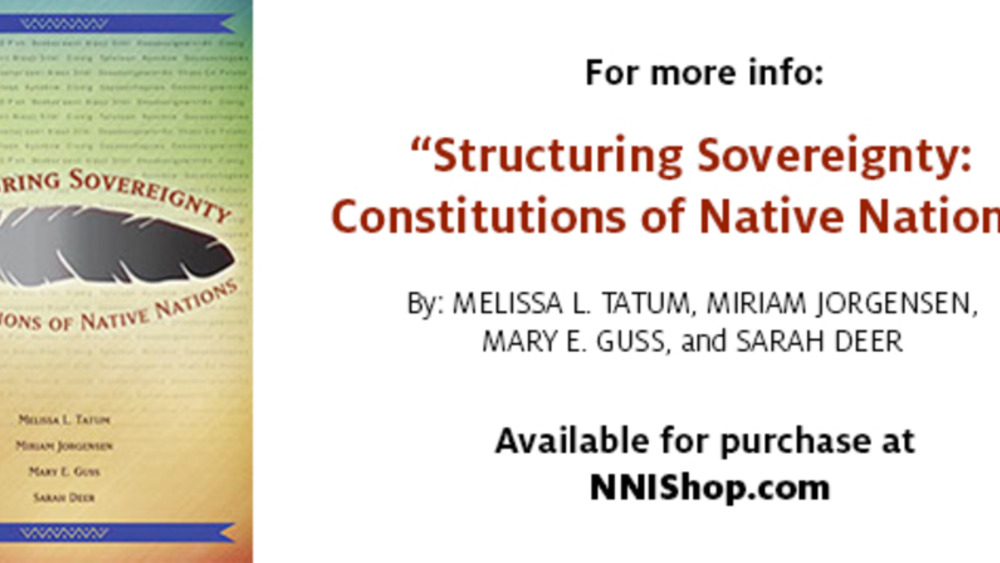
Blackfeet Nation Constitution
The Blackfeet Nation is located in Northern Montana at the Canadian border. It has a population of 16,500 people and the tribe was artificially divided by the U.S.-Canadian border. The constitution was enacted in 1934 and amended in 1962, 1978, and 1998. PREAMBLE: We, the adult members of the…
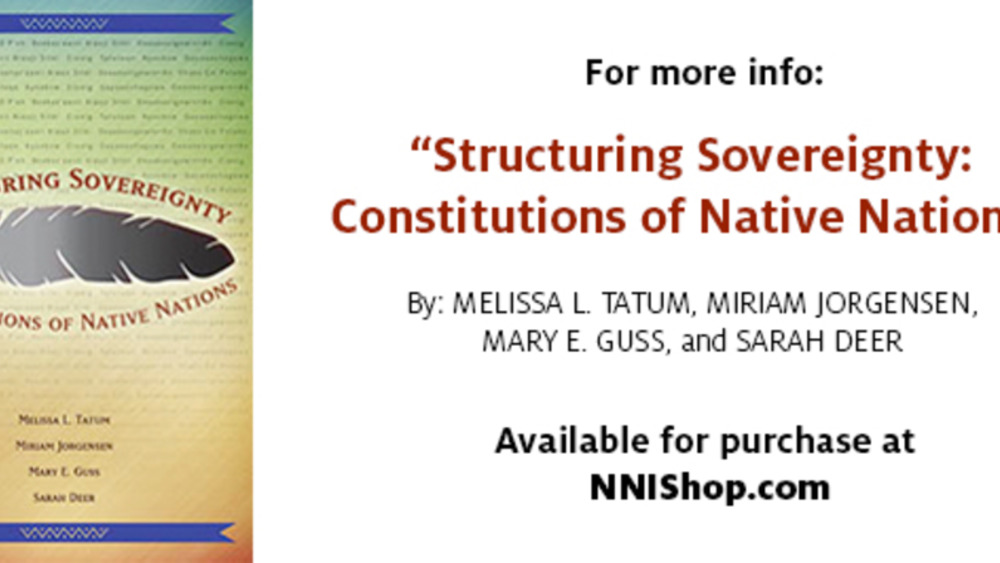
Alabama and Coushatta Tribes of Texas Constitution
The Alabama and Coushatta Tribes of Texas is located in East Texas with a population of 1,000 individuals. Their constitution was ratified in 1938. The federal government terminated its relationship with the tribe in 1954 and restored federal recognition in 1987. Preamble: We, the Alabama and…
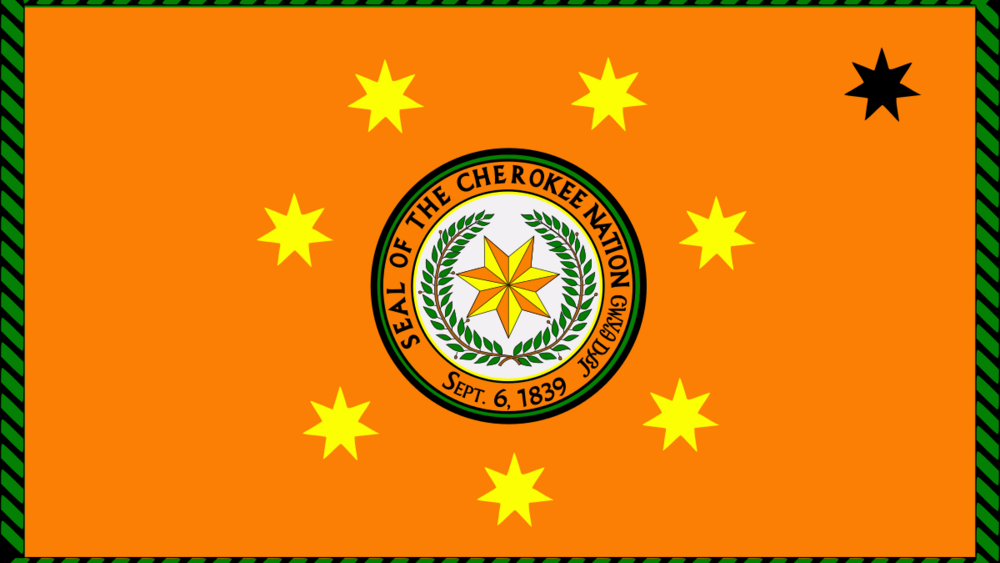
Cherokee Nation: Amendments Excerpt
Article XV. Initiative, Referendum and Amendment. Section 9. No convention shall be called by the Council to propose a new Constitution, unless the law providing for such convention shall first be approved by the People on a referendum vote at a regular or special election. Any amendments,…
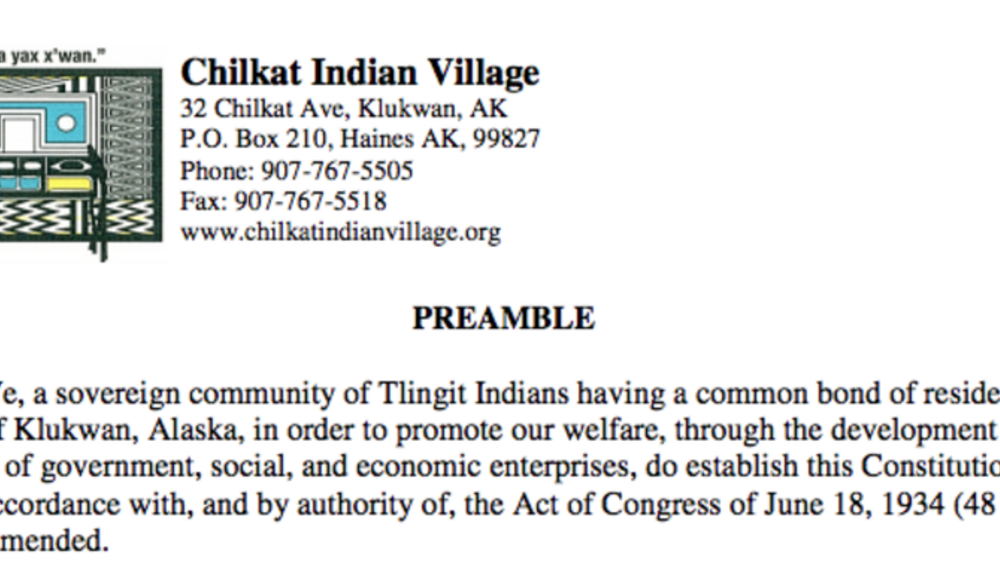
Chilkat Indian Village: Legislative Functions Excerpt
ARTICLE V — POWERS OF THE VILLAGE Section 1. The Council shall have the power: (n) To adjudicate matters of a civil and criminal nature, arising within the Tribe’s jurisdiction and to establish tribal courts if deemed necessary for that purpose. (o) To enact ordinances and take any other action…
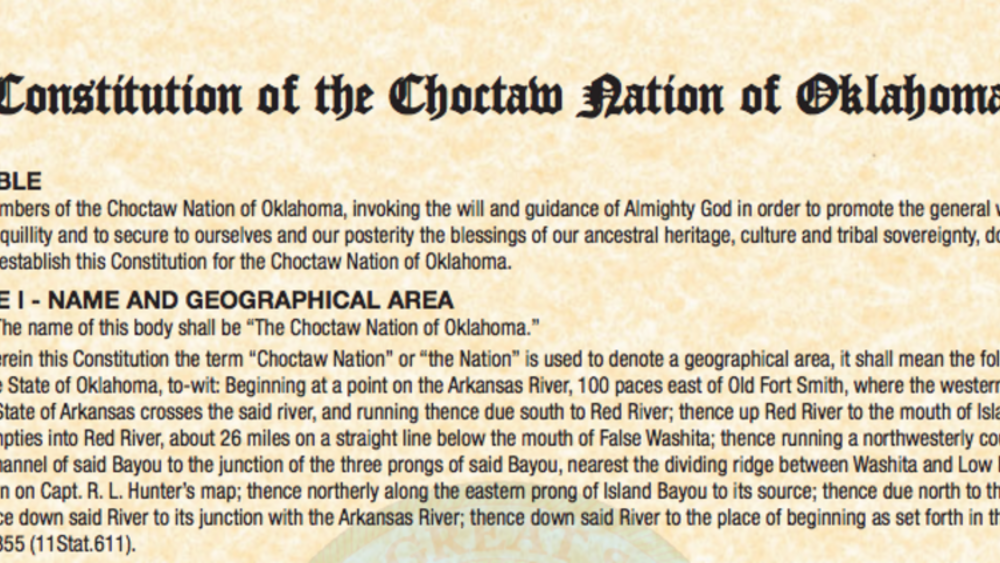
Choctaw Nation of Oklahoma: Judiciary Functions/Dispute Resolution Excerpt
ARTICLE XII - JUDICIAL DEPARTMENT Section 1. The judicial authority of the Choctaw Nation shall be vested in a Tribal Court which shall consist of three (3)-member Court appointed by the Chief with the advice and consent of the Tribal Council. One (1) such member,the presiding judge, shall be a…
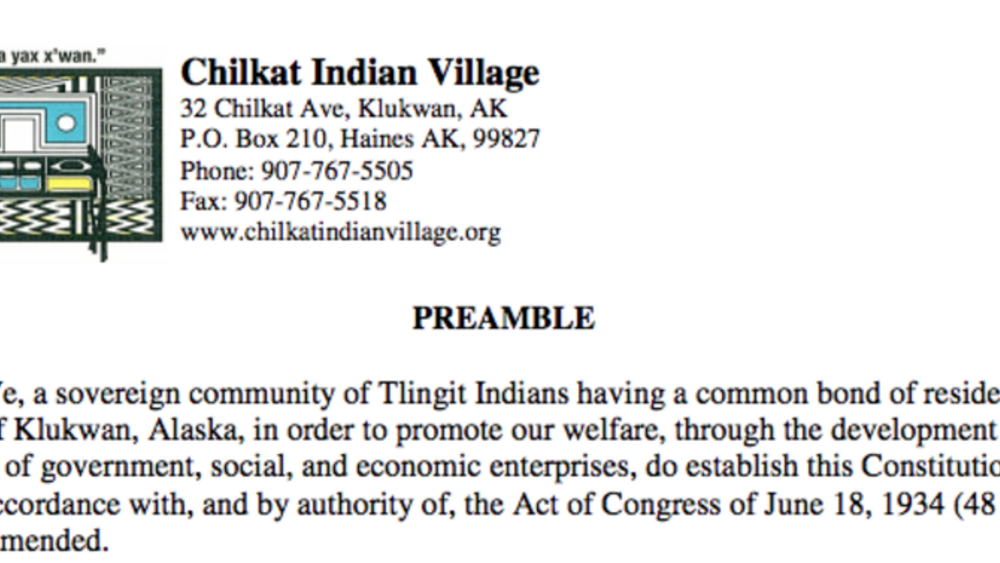
Chilkat Indian Village: Citizenship Excerpt
ARTICLE III — MEMBERSHIP Section 1. Defined: The membership of the Chilkat Indian Village shall consist of the following: (a) Original members.- All persons whose names appear on the 1940 census roll, prepared in accordance with the Instructions of the Secretary of the Interior for Organization in…
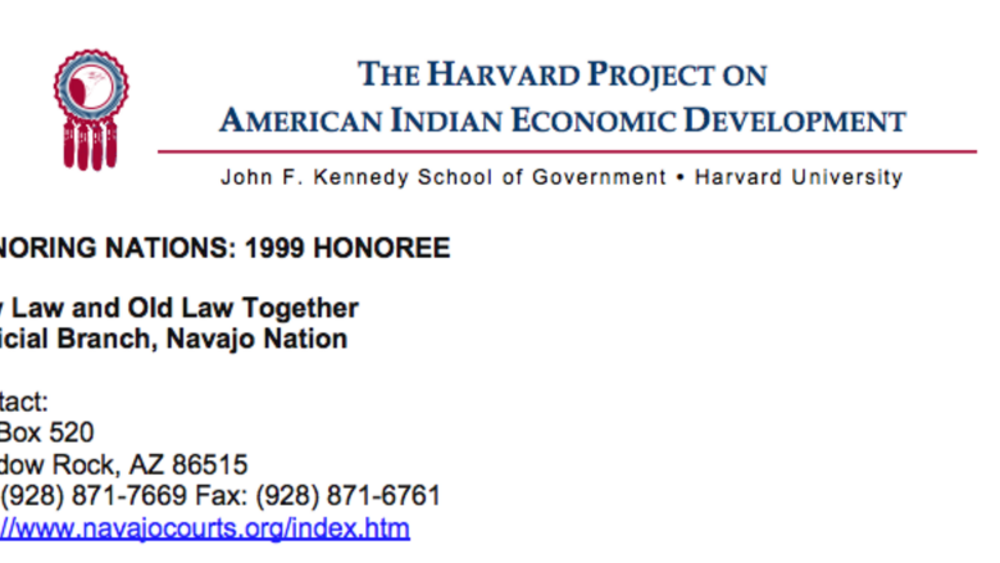
Navajo Nation Judicial Branch: New Law and Old Law Together
The Judicial Branch of the Navajo Nation seeks to revive and strengthen traditional common law while ensuring the efficacy of the Nation’s western-based court model adopted by the Nation. With over 250 Peacemakers among its seven court districts, the Judicial Branch utilizes traditional methods of…
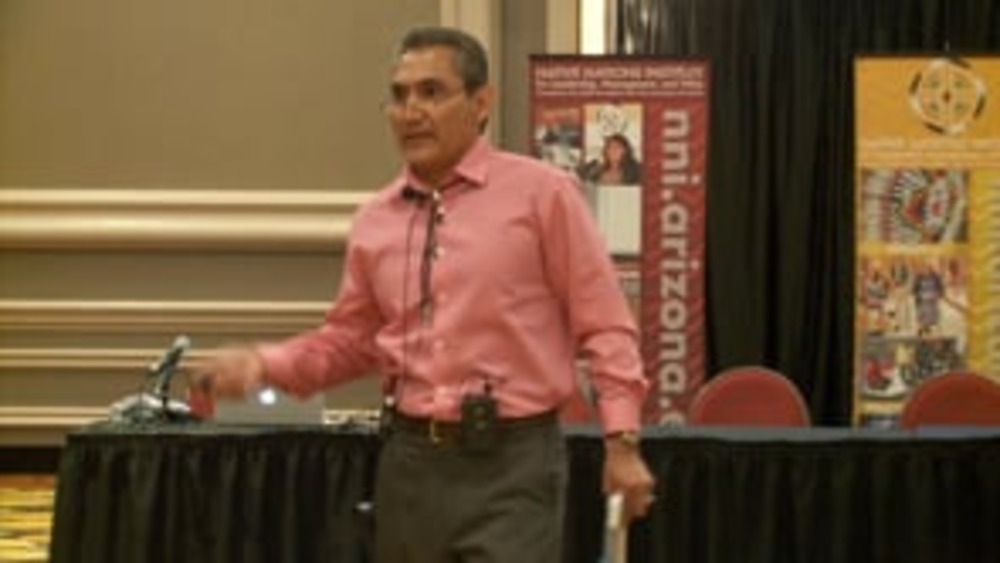
Joseph Flies-Away: Knowing, Living and Defending the Rule of Law
Joseph Flies-Away (Hualapai), Associate Justice of the Hualapai Nation Court of Appeals, discusses the importance of Native nations building and living a sound, culturally sensible rule of law -- through constitutions, codes, common law and in other ways -- that everyone in those nations knows,…
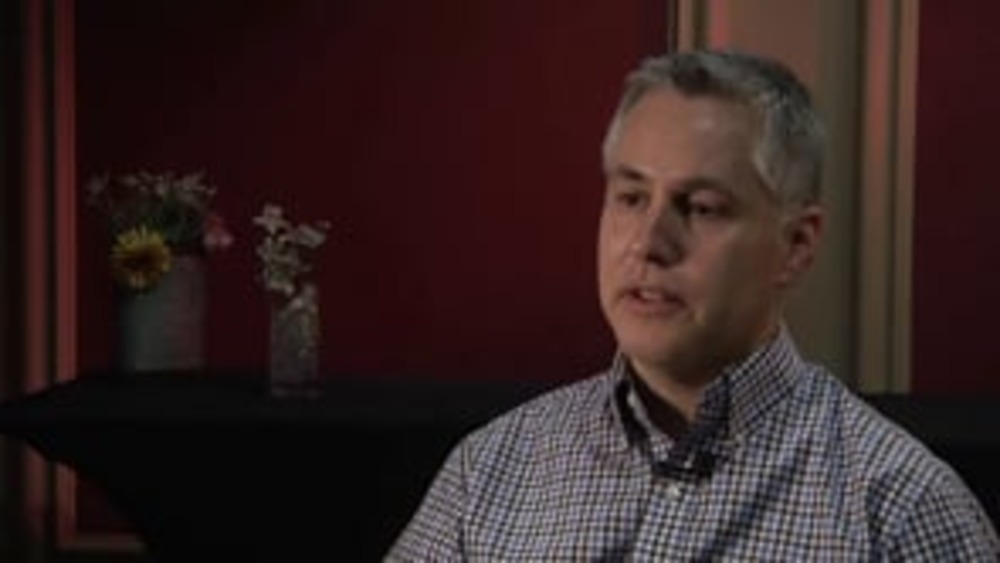
John Borrows: Revitalizing Indigenous Constitutionalism in the 21st Century
In this thoughtful conversation with NNI's Ian Record, scholar John Borrows (Anishinaabe) discusses Indigenous constitutionalism in its most fundamental sense, and provides some critical food for thought to Native nations who are wrestling with constitutional development and change in the 21st…
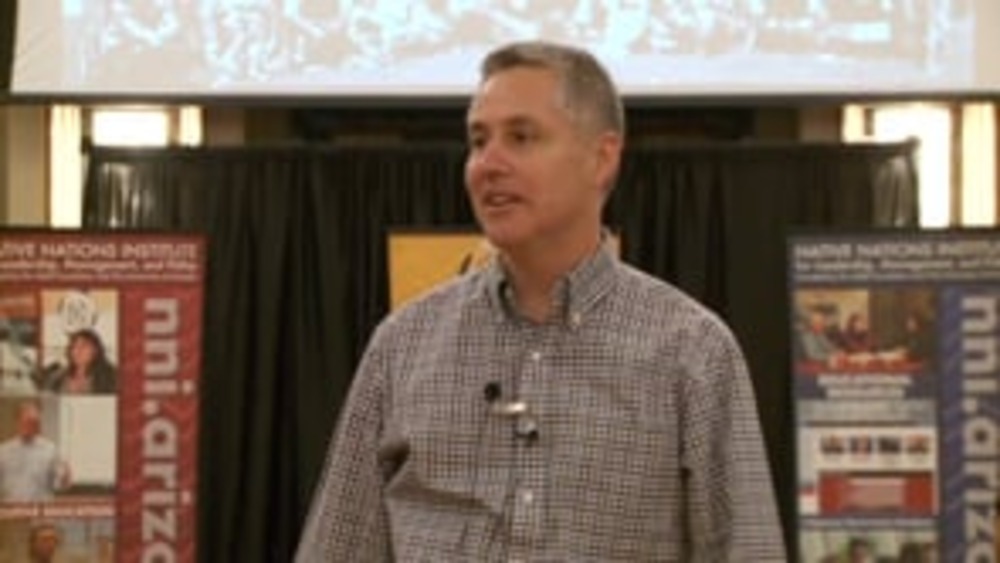
John Borrows: Who Are We and How Do We Know?
University of Minnesota Law Professor John Borrows (Anishinaabe) discusses how the Anishinaabe traditionally defined and practiced notions of social identity and belonging, and how those definitions and practices were rooted in relationships: relationships between those deemed to be part of the…
